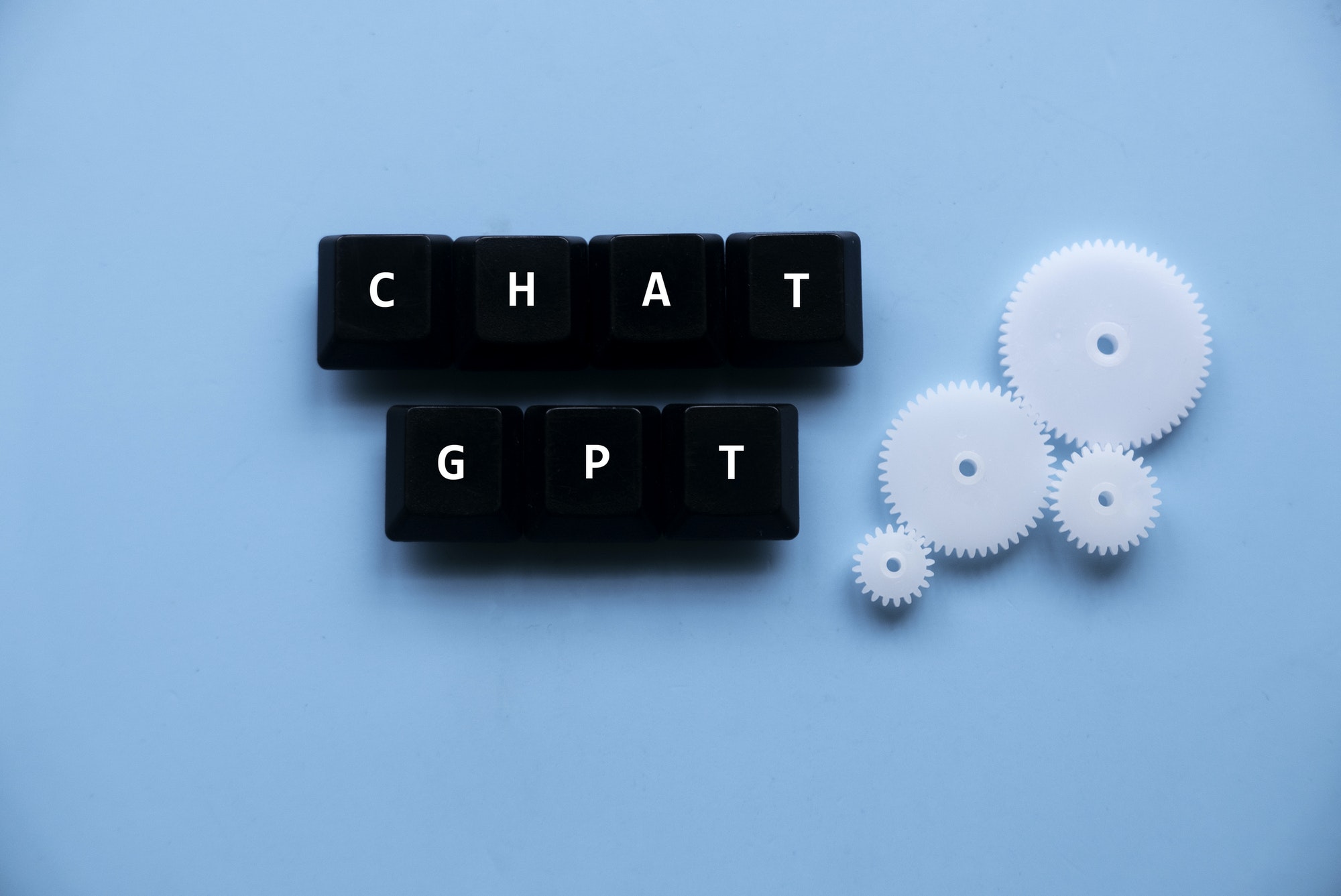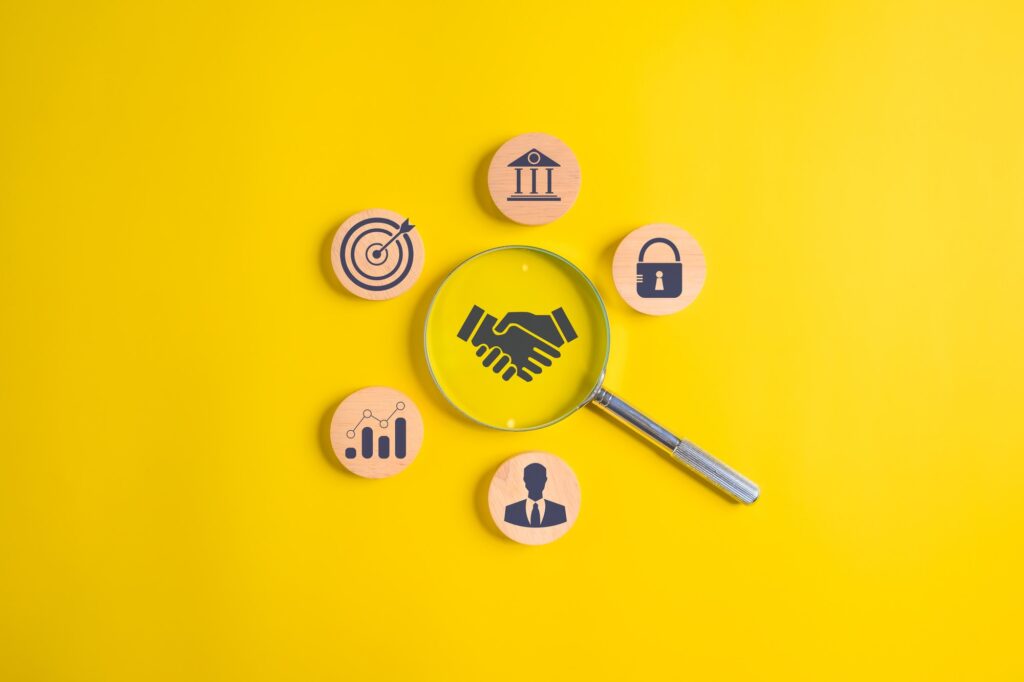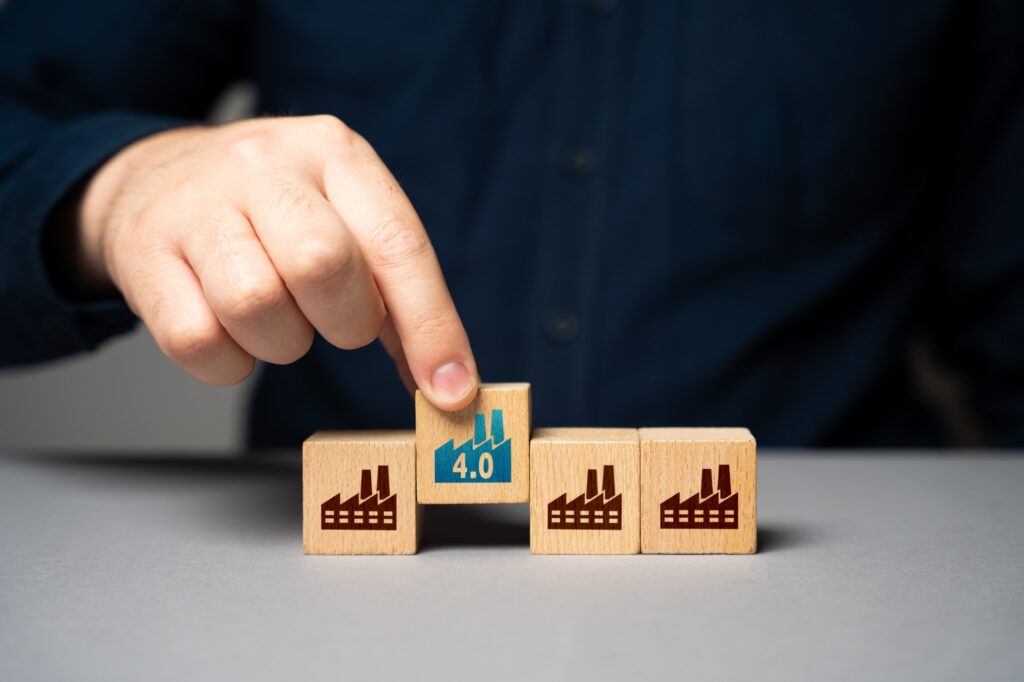Address
33-17, Q Sentral.
2A, Jalan Stesen Sentral 2, Kuala Lumpur Sentral,
50470 Federal Territory of Kuala Lumpur
Contact
+603-2701-3606
info@linkdood.com
Address
33-17, Q Sentral.
2A, Jalan Stesen Sentral 2, Kuala Lumpur Sentral,
50470 Federal Territory of Kuala Lumpur
Contact
+603-2701-3606
info@linkdood.com

Let’s dive into how ChatGPT has changed things in the last year and what we can expect from AI in the future. We’ll look at how ChatGPT has evolved, its impact, and the ethical stuff we need to think about.
ChatGPT, made by OpenAI, has really changed how we use AI. It’s been a year since it started, and it’s made a big difference in how people see and use AI. ChatGPT is great at understanding human language, and it’s become a big part of how we talk to machines online.

ChatGPT has made chatbots way better. They’re more like talking to a real person now, not like the basic voice assistants we used to have. This change has made AI a bigger part of our daily lives and opened the door for even cooler interactions with AI.
ChatGPT is being used all over the world, not just for chatting but also for creating content, helping with education, and even professional writing. This shows how flexible ChatGPT is and how it could change a bunch of different industries.
As AI gets more common, we need to think about how to use it responsibly. This is super important in areas like education, where using AI the wrong way could cause problems.
OpenAI keeps improving ChatGPT by listening to what users say. The feedback from people using ChatGPT helps make it smarter and better at what it does.
OpenAI has big plans for AI. We’re going to see better machine learning, smarter language processing, and more automation in different jobs. But it’s also important to think about how this affects society and to keep the ethical stuff in mind.

ChatGPT is a great tool for coming up with ideas and helping with writing. It shows how AI can help us be more creative and do better in creative work.
Using AI in schools can be tricky. There are times when it’s not used right, like for homework. We need to make sure AI is used in a way that helps students, not replaces their own work and creativity.
AI isn’t all good. There are problems like fake news made by AI and scams using AI. We need to find ways to stop AI from being used for bad things like spreading lies or tricking people.

A1: ChatGPT is an AI program developed by OpenAI that’s really good at understanding and responding to human language. It’s used for a bunch of things like chatting online, helping with writing, and even in education.
A2: ChatGPT has made AI more popular and shown how useful it can be in our daily lives. It’s improved how chatbots talk, making them sound more like real people, and it’s being used all over the world in different ways.
A3: ChatGPT is used globally for various tasks like creating content, assisting in education, and professional writing. Its versatility shows how it can transform different industries.
A4: Ethical AI is important because as AI becomes a bigger part of our lives, we need to make sure it’s used in a way that’s safe and fair. This is especially important in sensitive areas like education, where AI should help, not harm.
A5: OpenAI improves ChatGPT by using feedback from users. This feedback helps make ChatGPT smarter and better at understanding and responding to human language.
A6: We can expect AI to get even smarter with better learning algorithms and language processing. AI will likely be used more in different jobs, but it’s also important to keep thinking about how this affects people and society.
A7: ChatGPT can help come up with ideas and assist with complex writing tasks. It’s a tool that can make the creative process easier and more efficient.
A8: The main challenge is making sure AI is used in a balanced way. It should support learning and creativity, not replace the hard work and original thinking of students.
A9: AI can be used to create fake news or for scams, which is a big problem. We need to find ways to prevent AI from being misused to spread misinformation or trick people.
Sources ABC NEWS